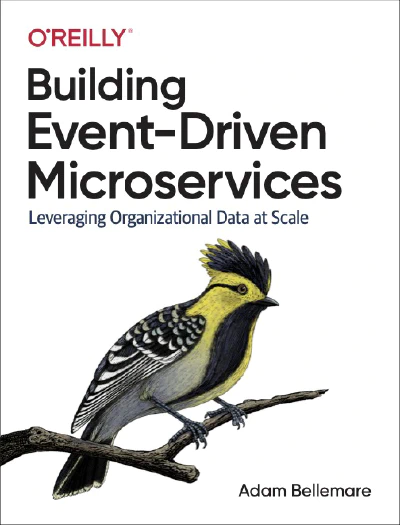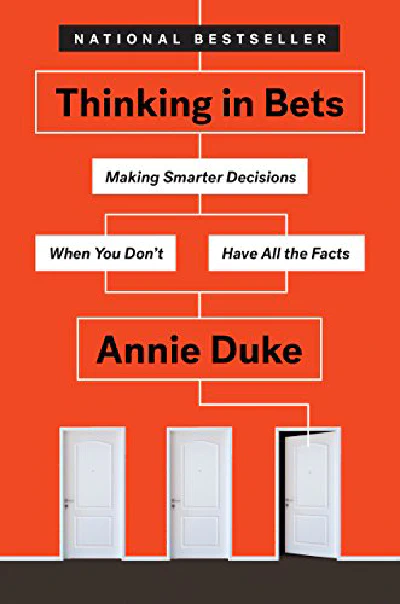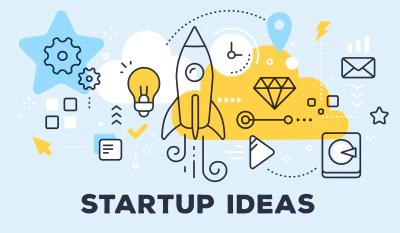
Home


Ingenius EMPERA Blockchain and PoM

Building Event-Driven Microservices - Chapter 2 - Event Driven Microservice Fundamentals

Building Event-Driven Microservices - Chapter 1 - Why Event-Driven Microservices

Camunda - overview
There are a number of businesses and business tasks when it is necessary to visually design, change and control the execution of business processes.
Large companies like SAP, IBM, Oracle play in this market and offer their heavy and expensive solutions.
But there is also a lighter and cheaper solution in this field.

Thinking in Bets - Chapter 6 - Mental Time Travel
Did you know that losing $1000 and then winning $900 (i.e. getting a result of -$100 in total) is more pleasant than winning $1000 and then losing $900 (i.e. getting a result of +$100 in total)!??
What has happened in the RECENT PAST drives our emotional response much more than how we are doing overall! It is a problem if you are making important prediction.
There are to ways to overcome this problem:

Ethereum and Solidity - Lesson 06 - Ethereum Project Infrastructure
This is a continuation of my previous post Real Projects with Ethereum) - about how to setup a development infrastructure around real-life smart contract.

Thinking in Bets - Chapter 5 - Dissent to Win
I’ve already told about the truthseeking group (The Buddy System) as a great way to improve decision-making process.
How to share information inside such a group and how to disagree efficiently (to find a good solution)? And how to communicate outside of such efficient group?
There is a set of rules called “CUDOS” that can be used for this…

Thinking in Bets - Chapter 4 - The Buddy System
People are not ready to consider themselves the source of the problem they are facing (their skill), they blame other people/circumstances (luck). How to overcome this issue?
One of the solution is to create “truth-seeking group” with your colleagues/friends/partners/“buddies”. And such a group should follow specific rules that would increase rationality…

How to choose a Startup Idea - Lesson 2 - Make something PEOPLE WANT
Y Combinator’s motto is “Make Something People Want”. But how to find what people want? There are seven steps / considerations to gradually get closer to the answer…